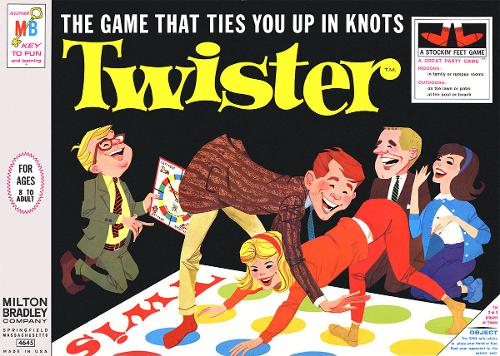esldude
500+ Head-Fier
- Joined
- Dec 8, 2001
- Posts
- 569
- Likes
- 35
I didn't say it was the same artist who performed. It's an independent observer. Not only is it a relevant question to accuracy, it's the primary question about accuracy.
Well, let me clarify. Not everyone is interested in reproducing an original acoustic event. Not everyone is looking at the whole chain, mic-to-speaker. And not everyone is looking at emergent qualities (maybe they are focused on something more raw, like timbre).
But for people who are interested in that stuff, accuracy is subjective and the final arbiter is listening. Measurements are only useful to the extent they've been correlated with listening (and don't tell me about Sean Olive's experiments with preference; those are irrelevant to accuracy)
Raddle, please listen. Accuracy of the signal is not subjective. A subjective person's perception of whether something is accurate is subjective. The two are not the same. Moreover when you talk that one person is interested in timbre, and another is in something else, yes that is subjective. And yes, the perception of those different qualities are subjective. But you are down to preferences and experiences. And one can tune a system more toward one than the other. But that works best if there is a baseline of accuracy for reference. And preference is never going to be a transferable bottom line measure of overall accuracy. If you don't get the two separate in your mind, you are never going to make sense to others or even yourself in the end.



